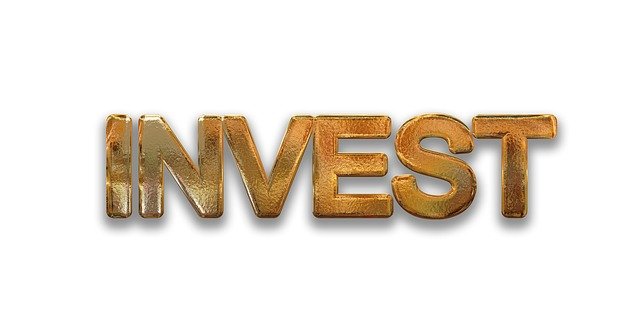To save or invest your money may depend on your financial goals, or maybe not. We will find out soon enough.
Save or invest, how do you decide?
What if you wanted to have a cash cushion of $15,000 in the next two years and you have $9000 already? What if you wanted to save for travel expenses up to $3,000 per year and $0 currently? How about saving enough to retire at 65 with $60,000 per year until you are 100 years and you have $112,000 as we speak?
Define your goals and target
You must define your target, that way, you will be able to work towards anything. When you know how much you want and for what, you will check how much you currently have, and discover ways to improve your finances, to meet your goals at the proposed period.
So, write down your financial goals, if you wanted any of the listed preferences above, write how much is needed to meet your goals.
Read Also: 4 Retirement Expenses that will shock you
How much should you save or invest?
Let’s say your goals look exactly like the one described above, this is what you need to reach them; you have to save or invest;
- $250 monthly for your cash cushion
- $250 monthly for your travel expenses
- $525 monthly for your retirement savings, with the overall assumption that you will have;
- An annual average growth rate of 8% before retirement.
- An annual average growth rate of 7% during retirement.
- An inflation rate of 3%
With these figures, you need to review what you have at the moment and calculate how much you need to add in the future. This will show you how much you will have, and see if you will be able to meet your goals at that rate.
Read Also: 8 money hacks you should try this year
Prioritize your goals
If you still working with the numbers we started with, then, the total amount of money you need to meet your goals monthly is greater than the $800 you already have. Right here, you have to choose to save your $800 for travel expenses, pad out your case cushion, or invest more towards your retirement. This decision is easier to make because you have seen the monthly requirements needed to meet your financial goals.
Read Also: Calculating your net worth for financial independence
For this reason, it is obvious, that one doesn’t have a universal answer to whether they should save their money or invest them instead. The amount of money you need, when you need it, and how much contribution needs to be done are the various factors that play out accordingly.
Are they matrices for saving or investment decisions?
There is a general rule though, based on your circumstances, you can decide whether to save or invest if you examine the following metrics;
Long term or short term
Long-term financial goals like retirement require an investment portfolio instead of savings. This is because you will have a longer time to recover from any stock market fluctuations. It is not always a smart idea to invest your money if you have short-term goals. These could be goals that are supposed to be accomplished in say, 5 years or less. Therefore, you have to save this in a high-yielding savings account because there will be no time for you to recover from a major downturn. Of course, this isn’t a fixed preposition, it is based on your risk tolerance as well as financial health.
Pros and cons of investing
- Long term investment gives room for compounding thus growing your funds
- Investment is likely to decline because the stock market involves a certain level of risk.
- You may face a serious penalty for early withdrawal of your money
With these advantages and disadvantages in mind, you should save a portion of your income for short-term goals, and invest the other portion for long-term ones.
Pros and cons of savings
- You can access your money anytime because of the liquidity of your funds.
- Market volatility won’t affect you much.
- You will miss out on market gains, and compound interest.
You need to decide to save or invest based on your needs. The most important thing is that you work with your financial planner who will help you with your financial plans, ensure you are making the right financial decisions. If you do not have one, you can use the checklist below for a start;
Checklist to save or invest
- Do you have adequate cash that will cover your fixed expenses for three to six months? Start saving, if your answer is no.
- Do you have short-term goals that need quick access to funds? If yes, start saving
- Are you on track to accomplish your retirement goals at the set date? If not, start investing.
- Do you understand the risks involved in investing your money for long-term goals? This means you may face market volatility, and will not be able to access it sooner. If you are willing to wait so that you use compounding to your advantage, then, start investing.
Conclusion
This may not cover everything to guide you towards deciding if you should invest or save your money, but, it’s a good start. You will be able to envision the future you desire, how you intend to get there, and the cost. Start working on your financial dreams now.



